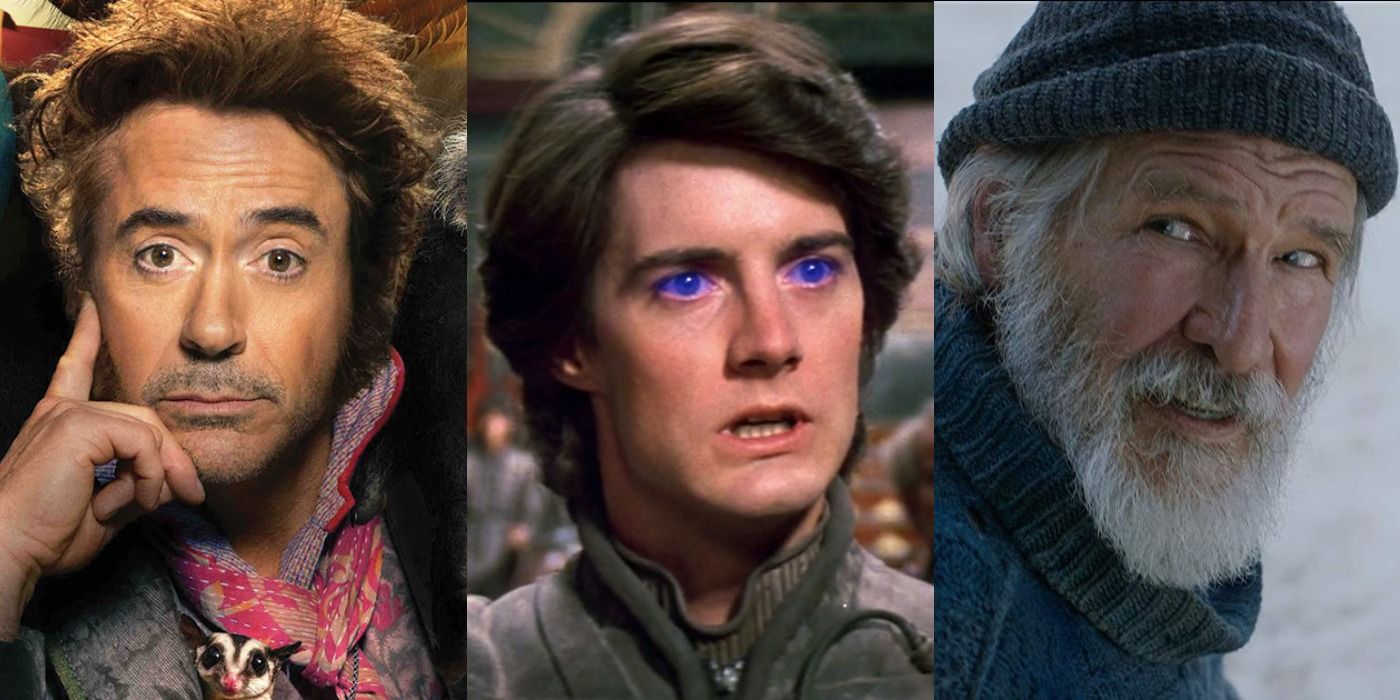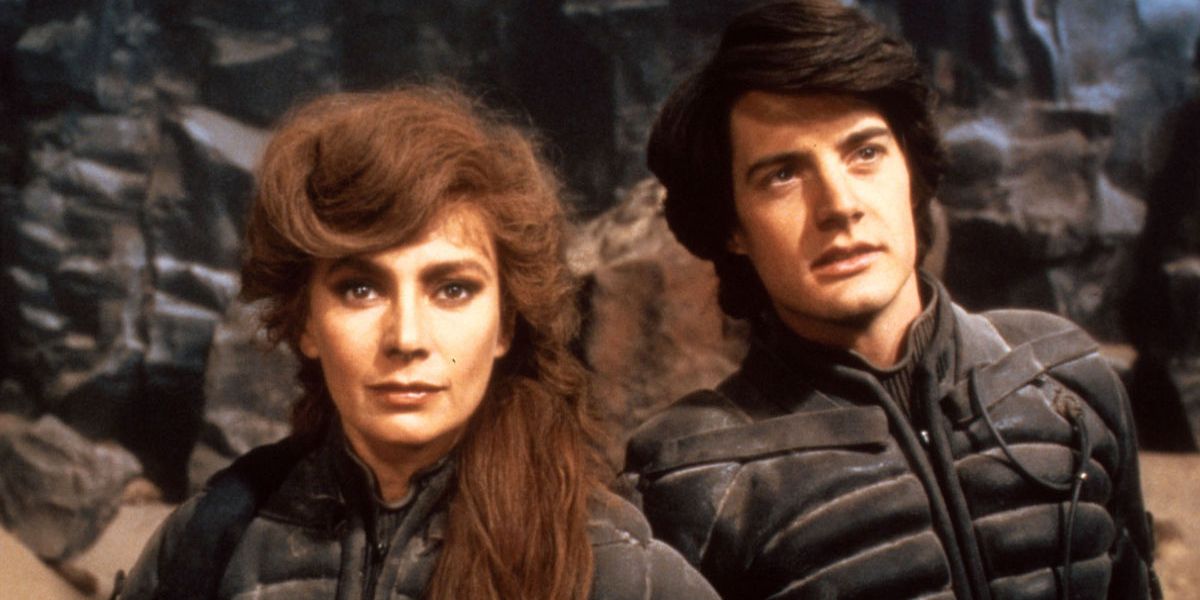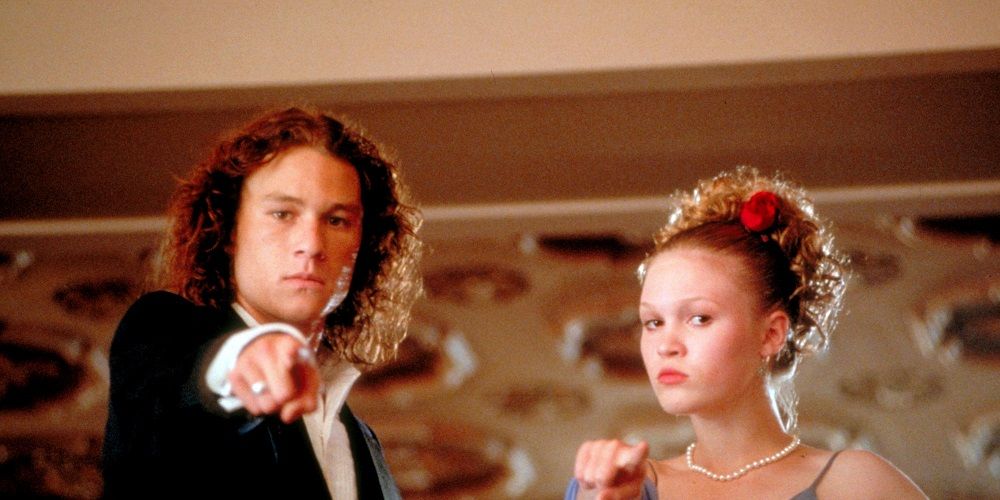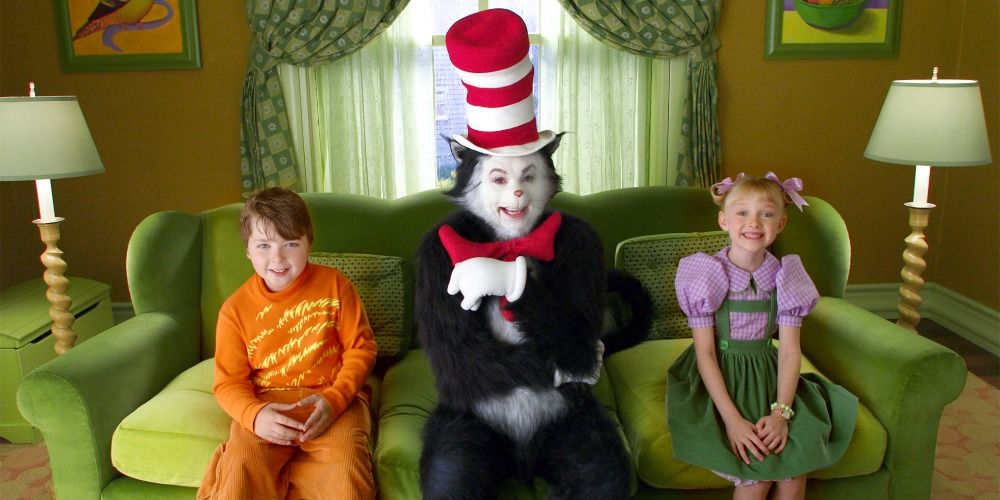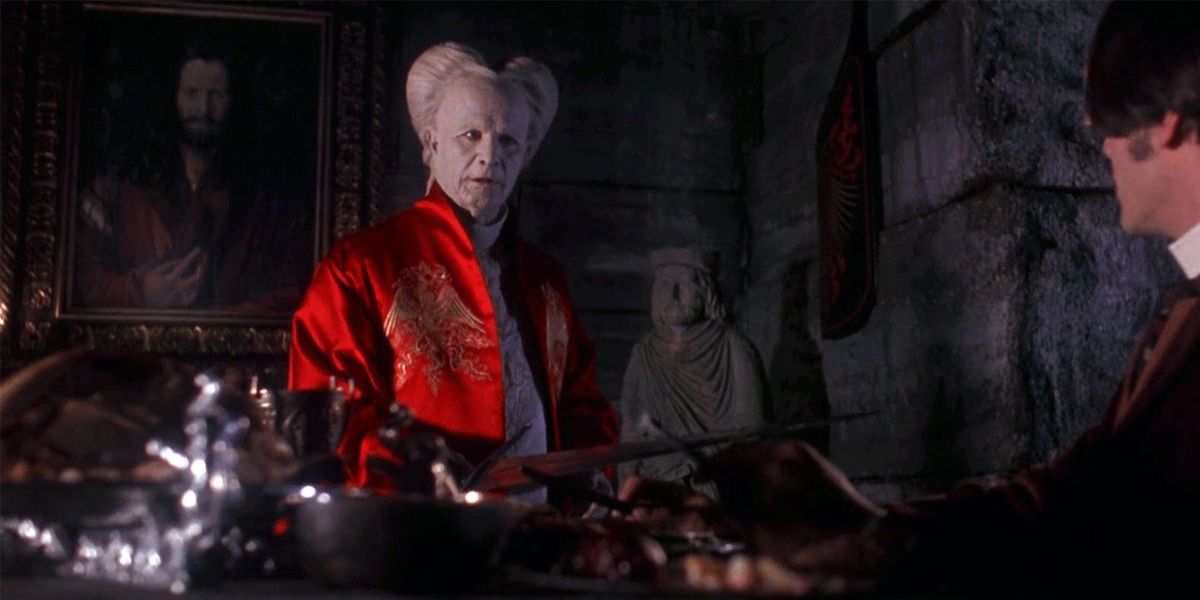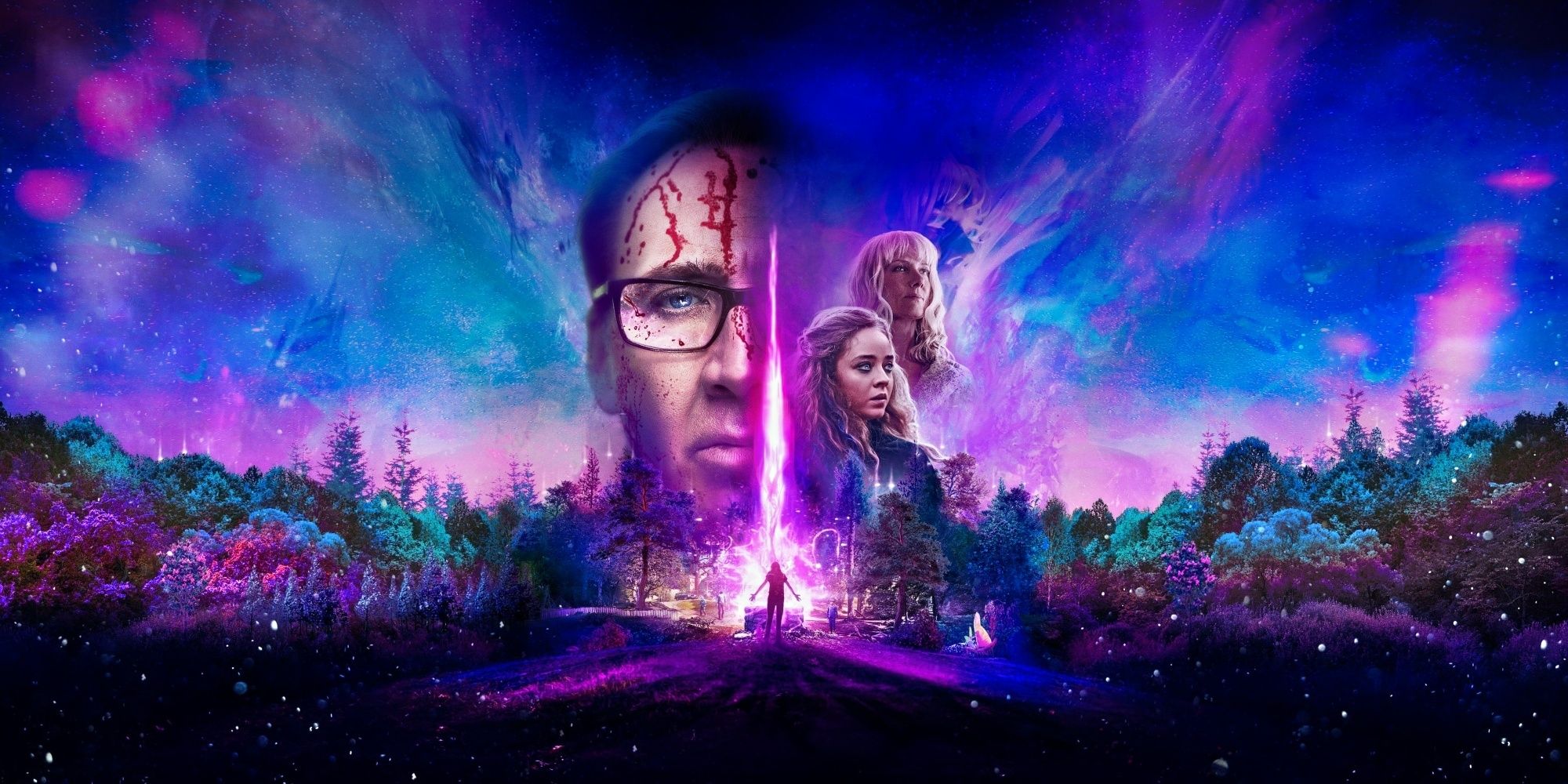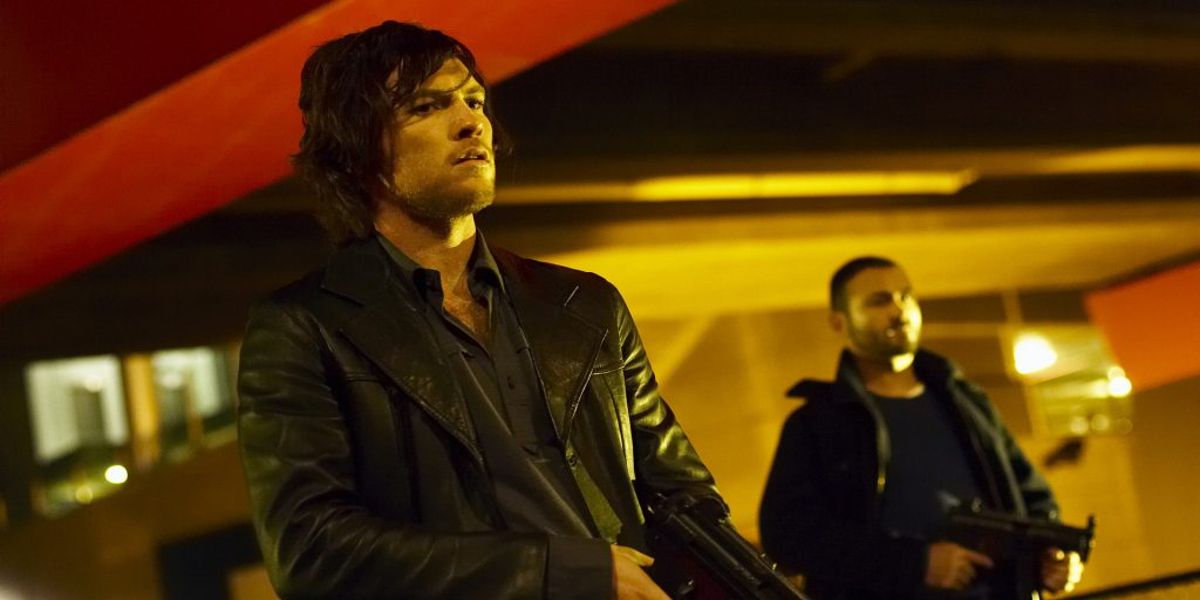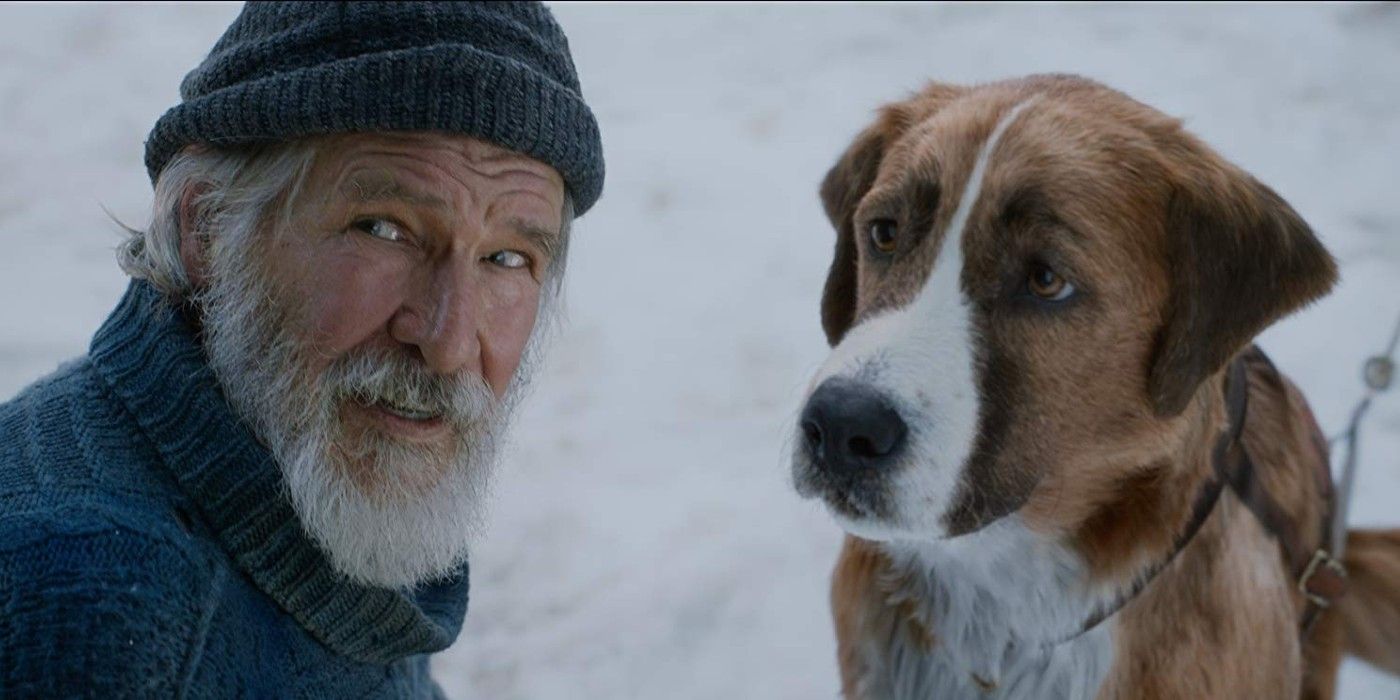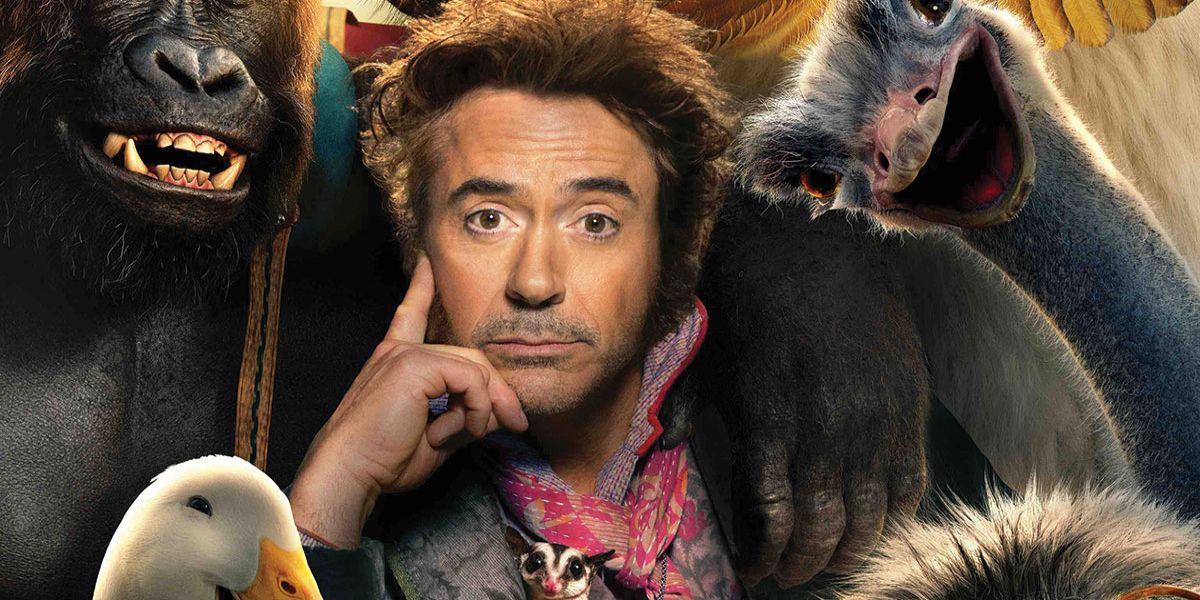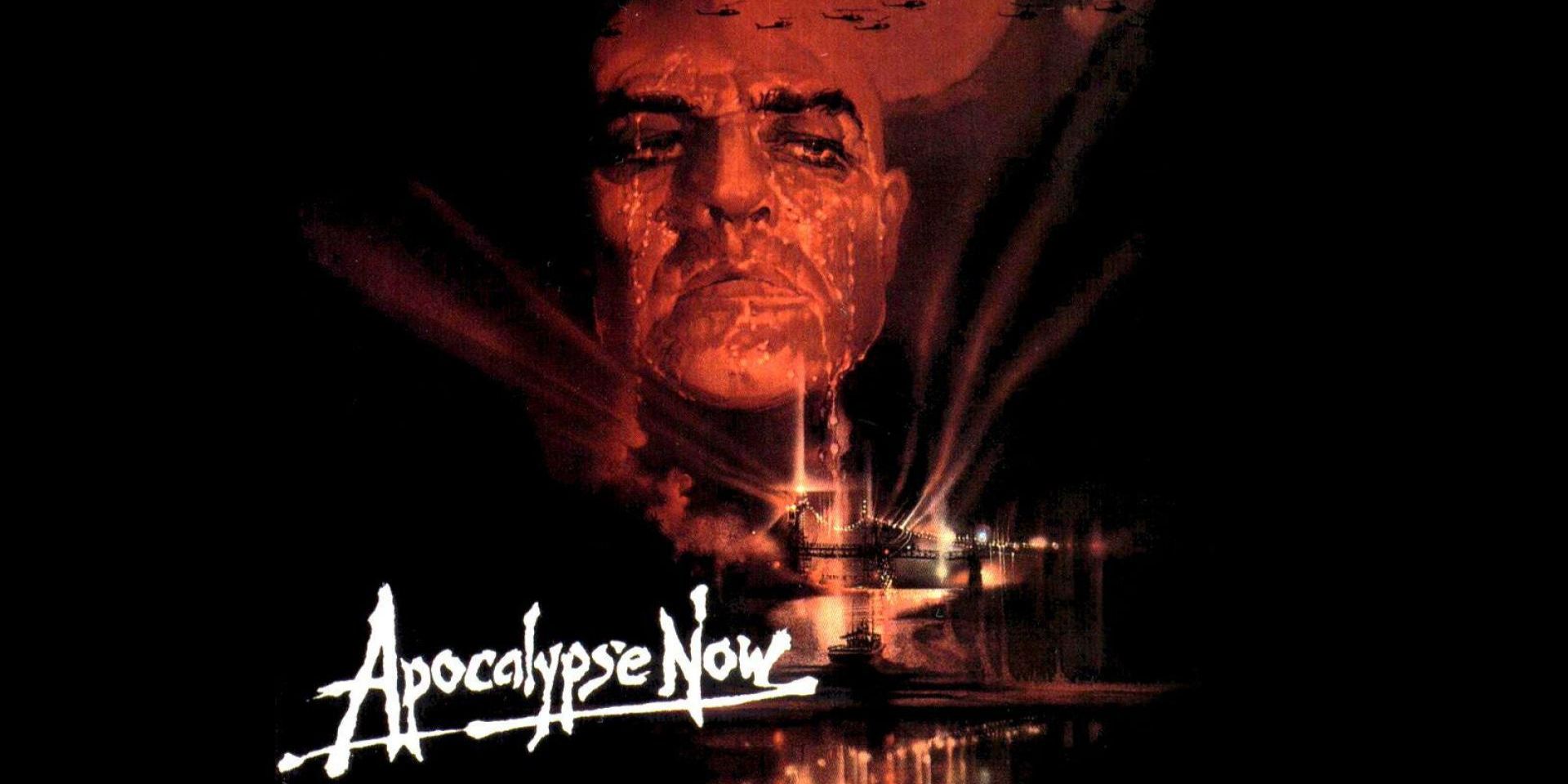Denis Villeneuve's 2021 adaptation of Dune did what many believed to be impossible; a successful theatrical adaptation of Frank Herbert's 1965 novel. The movie remains engaging and easy to follow without sacrificing any vital plot elements. The same, however, could not be said of the 1984 film version, which was panned for its convoluted portrayal of events and hokey misrepresentation of characters.
Unfortunately, many film adaptations of beloved novels suffer the same fate as Dune's 1984 rendition. Accurately representing a piece of literature while staying in the confines mandated by studios, executives, and production realities can be extremely challenging, and it's led to a lot of strange, questionably-constructed big screen book adaptations.
Dune (1984)
While the 1984 version of Dune has maintained some kind of cult appeal over the years, many fans agree that it's a messy adaptation that misses the point of the original novel on which it was based. Heavy on exposition and featuring some questionable costume designs and special effects, it clung too closely to minute details and simultaneously confused major plot elements.
It was panned when it first premiered, and, nearly four decades later, the strange, ethnically homogenous cast and horribly dated visual effects make for a strained viewing experience.
10 Things I Hate About You (1999)
At first glance, 1999's 10 Things I Hate About You seems like a relatively run-of-the-mill romantic comedy meant to target teens and twenty-somethings, but it's actually a well-planned modernization of the classic Shakespeare tale The Taming of the Shrew.
When an overly-protective parent forbids his daughter from dating unless her standoffish sister gets a date first, an attempt to set two unlikely teens up blossoms into an unexpected romance. Shakespeare likely never envisioned his tale being so contorted, but 10 Things I Hate About You actually strikes an excellent balance between representing its source material and introducing modern settings and plot elements.
The Cat in the Hat (2003)
Adapting the classic 1957 children's book The Cat in the Hat into a feature-length movie seems like a tall order, and, based on its poor critical reception, it seems safe to say that it wasn't a success. A strange project for legendary actors Mike Myers and Alec Baldwin, it was as off-the-wall as can be, coming across as even more bizarre than the already-weird source material.
The dated CGI and outlandish humor of the movie have only become less tolerable over the years. Yet, it seems unfair to expect a quality film from a premise that was never meant to be expanded beyond the pages of a children's storybook.
Dracula (1992)
Francis Ford Coppola's 1992 rendition of the classic Bram Stoker novel Dracula is divisive among horror fans; it's an epic tale that adds a lot of grandiosity to the original narrative, but it also deviates quite a bit from the source material.
There's a lot of subtle terror present in the novel; it's a slow burn that would have horrified readers who weren't already familiar with the mythos. The 1992 film, however, does away with much of the mystery and subtlety, with the big-name actors and extreme costume designs giving it an overly-Hollywood flair that displeased some dedicated fans.
Color Out of Space (2019)
Though the works of H.P. Lovecraft are often noted as important inspirations for many modern-day sci-fi and horror works, the writer's stories themselves are very seldom directly adapted. Color Out of Space, in particular, deals with indescribable events that couldn't ever be accurately committed to film, and the result is a weird mesh of mind-warping concepts that don't necessarily meld all that well with Nicolas Cage's ever-hammy acting style.
Despite its impossible premise, Color Out of Space actually fared relatively well among both critics and audiences. It's unapologetically weird, but that's in keeping with Lovecraft's original tale.
Macbeth (2006)
One of William Shakespeare's most celebrated stories, Macbeth is a tragedy that chronicles how feelings of pride and a thirst for power can lead to ruin. It's a complex work that loosely parodies real-world historical events, but the overall message isn't necessarily married to any one person or point in time.
That said, the legendary tale doesn't necessarily translate to the early 2000s Melbourne, Australia drug trade. Many of the core elements of Shakespeare's tale are represented in this strange modernization, but the movie is so skewed and stylized that it's almost more difficult to follow than the original work.
The Call of the Wild (2020)
Published in 1903, Jack London's The Call of the Wild is a thrilling tale of survival and adventure set in the far reaches of Canada's Yukon territories. A staple story that's often taught in high schools, it seems like great grounds for a cinematic adaptation.
Unfortunately, though it was bolstered by star power in the form of Harrison Ford, 2020's adaptation of Call of the Wild just fell flat. It ditched most of the drama and suspense of the original work in favor of a more family-friendly appeal, but what makes it so weird was the downright poorly-done, almost cartoonish CGI dog.
Gulliver's Travels (2010)
Gulliver's Travels is a classic satirical tale penned in 1726 by Irish writer Jonathan Swift. Meant to parody stories of adventure and travel which were popular at the time, it's a fantastical narrative that's survived in popular culture to this day.
Unfortunately, 2010 saw a Jack Black vehicle of the same name attempt to modernize the story, leaving out much of the charm in the process. Watching a giant-sized Jack Black wrestle with a massive robot was certainly odd, and it didn't at all feel reverent of the original work.
Dolittle (2020)
Today, the Doctor Dolittle series is best known for the 1998 Eddie Murphy comedy, but the property actually began life as a series of short stories written by Hugh Lofting. In these tales, the titular doctor gains the ability to speak to animals and embarks on a series of wild adventures.
While the 2020 Robert Downey Jr. led Dolittle attempts to evoke the adventure inherent in those early stories, it's a more or less incomprehensible mess. Made bizarre as a result of a gross overuse of CGI, Dolittle is something of a difficult film to watch.
Apocalypse Now (1979)
Apocalypse Now is one of the most impactful war films ever made, but, as an adaptation, it's undeniably strange. A loose interpretation of the 1899 Joseph Conrad-penned novel Heart of Darkness, Coppola's film retains many of the story's most crucial elements and themes while completely changing the characters, setting, and context.
From the absolutely eerie cinematography to the legendarily strange performance by Marlon Brando, Apocalypse Now is weird, wild, and downright uncomfortable in places. Plus, the film's notoriously troubled production only adds to its peculiarity.

